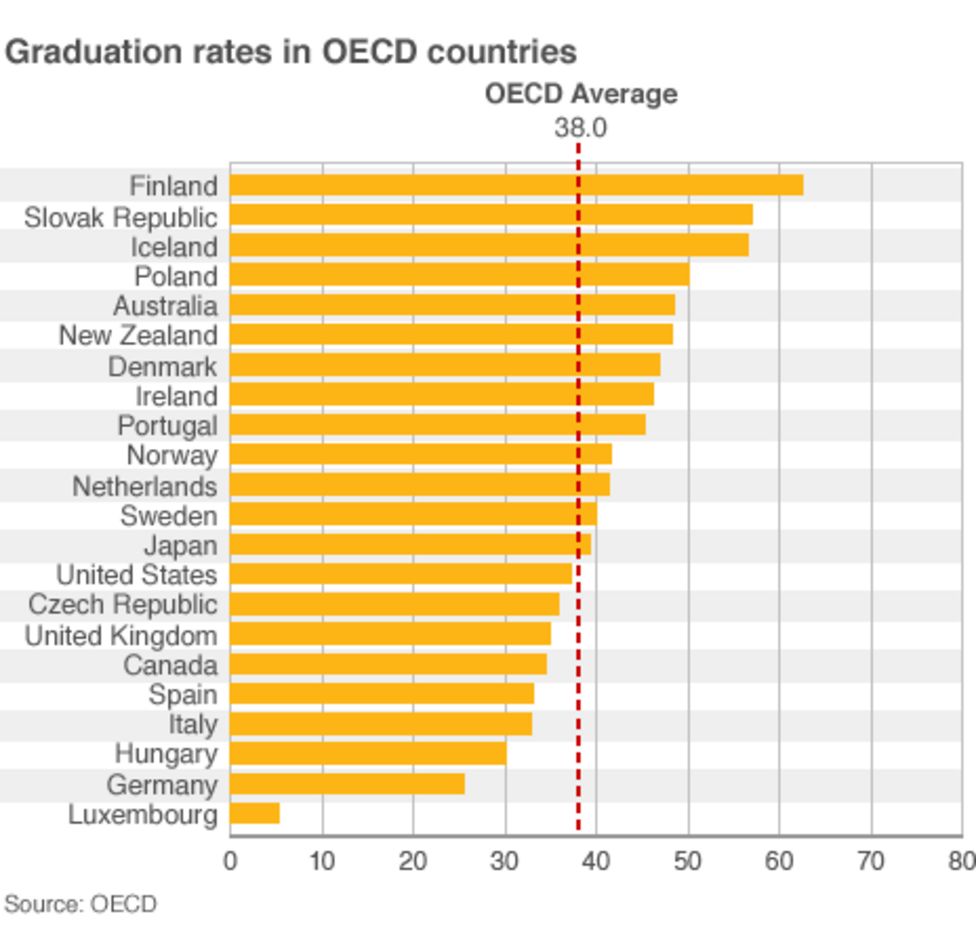I tend to think a mixed economy with both generous welfare from government along with private market innovation seems to be pragmatic and viable. It captures more 'positive externalities' like education and healthcare than an exclusively private market and is more charitable.
Perhaps you've confused the three Property Theories -- Capitalism, Socialism and Communism -- with the three extant Economic Systems -- Free Market, Command and Traditional.
We are talking about two different things, you are talking about the microeconomics of healthcare and education costs when dealing with government involvement where I am talking about macro economic functions of a mixed model.
There are two parallel primary and secondary education systems in the US: Free Market Capitalist (private schools) and Command Socialist-Communist (public schools).
Public schools are Socialist in part because teacher unions function as an agent of Socialism controlling labor capital, and Communist in part because the schools and property are owned by the people, ie, the residents of a school district and during an election, 19 voters out of a voting age population of 160,000 people will show up to vote for school board members while the other 141,000 voting age residents stay home and don't vote and then have the unmitigated gall to whine and complain bitterly that the school district sucks.
Without a Command Communist public school system, few Americans would be educated.
Why?
Because there are 142 Million households, but unfortunately there aren't 142 Million tutors available to come to your home and educate your child.
Because the Demand for Tutors would far exceed the available Supply of Tutors, they would command hourly rates of $150-$750/hour to come to your home and educate your child. Can you afford $600/day?
You say, "Get a job, loser!"
A household with one adult as wager earner is already working. A household with 2 adults could have 2 wage earners.
Wait a minute....do you want the tutor having sex with your 7-year old son or daughter?
Probably not.
Naturally, you have $3,000-$5,000 cash lying around so you can pay a private investigator to vet the tutor to be of good moral character and not a common criminal, because you wouldn't have a clue as to how to do a background check and you'd fail miserably if you tried.
Of course, you could have the State vet tutors for you, but that would only reduce the available Supply of Tutors and drive their hourly rates up.
What if you have more than one child? And then you'd need a tutor for English, one for math, one for science and one for social studies.
And what about art and music? How many people would actually be qualified to teach all those disciplines? Very few.
How would you even know if they're qualified? You could have the State vet them, but that would only reduce the available Supply of Tutors even further and drive their hourly rates even higher.
So, what do we do?
An enterprising person might start working the phones because they realize there are families with children of the same age in their apartment building or on their street and neighboring streets.
Four or five families could pool resources to hire a tutor to teach their 4-8 children.
Anyone willing to do that is a hypocrite for opposing public schools, because that's exactly what public schools are: families in a community pooling financial resources to educate their children in a more efficient and cost-effective manner, with the added benefit of socializing children.
There is nothing inherently wrong with public schools, but there is something inherently wrong with people.
People don't read the views of school board candidates, don't vote to elect school board members and don't show up at school board meetings, because, you know, staying home to watch
Dancing with the Stars or
Celebrity Farting is far more important and beneficial to the community.
B-b-b-b-b-but the taxing is so unfair! Renters don't pay property tax and people who don't have children are forced to pay!
Renters do pay property tax. The property owner pays the tax and the cost of the tax is apportioned in the rent charged for the units.
When someone texting/sexting hits you head on, and you're bleeding to death in your SUV, you're probably gonna want someone to drag you out and transport you to a hospital to be treated, you know, so you don't die.
If there's only 5 people in your community whose parents could afford $2,400/day to educate them in English and Science in the hope that they might be a doctor, you're gonna die.
However, 0% of 5 randomly selected people have what it takes to be a doctor,
The good news is that because you didn't contribute to the public education system, your spouse will have enough money to give you a decent funeral.


